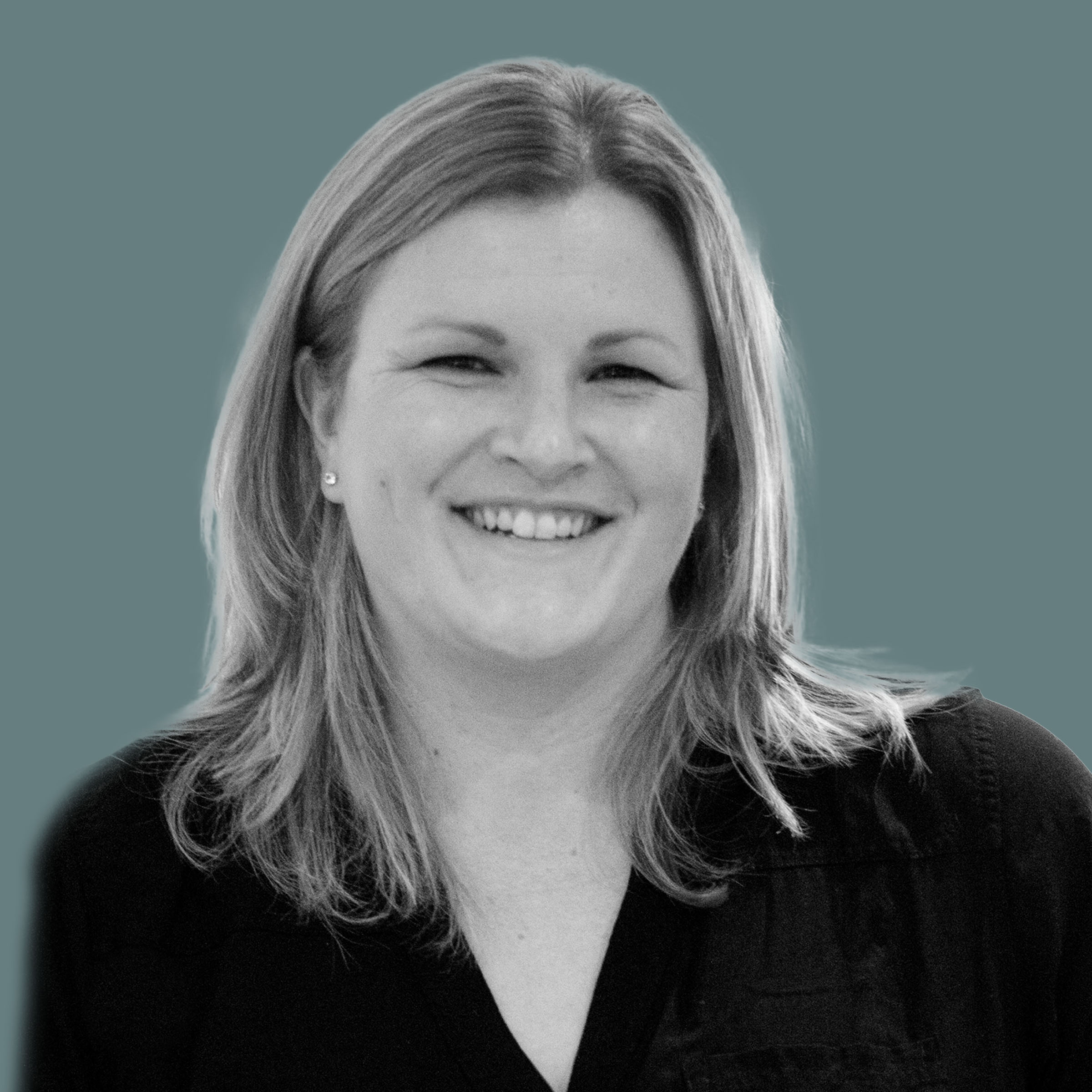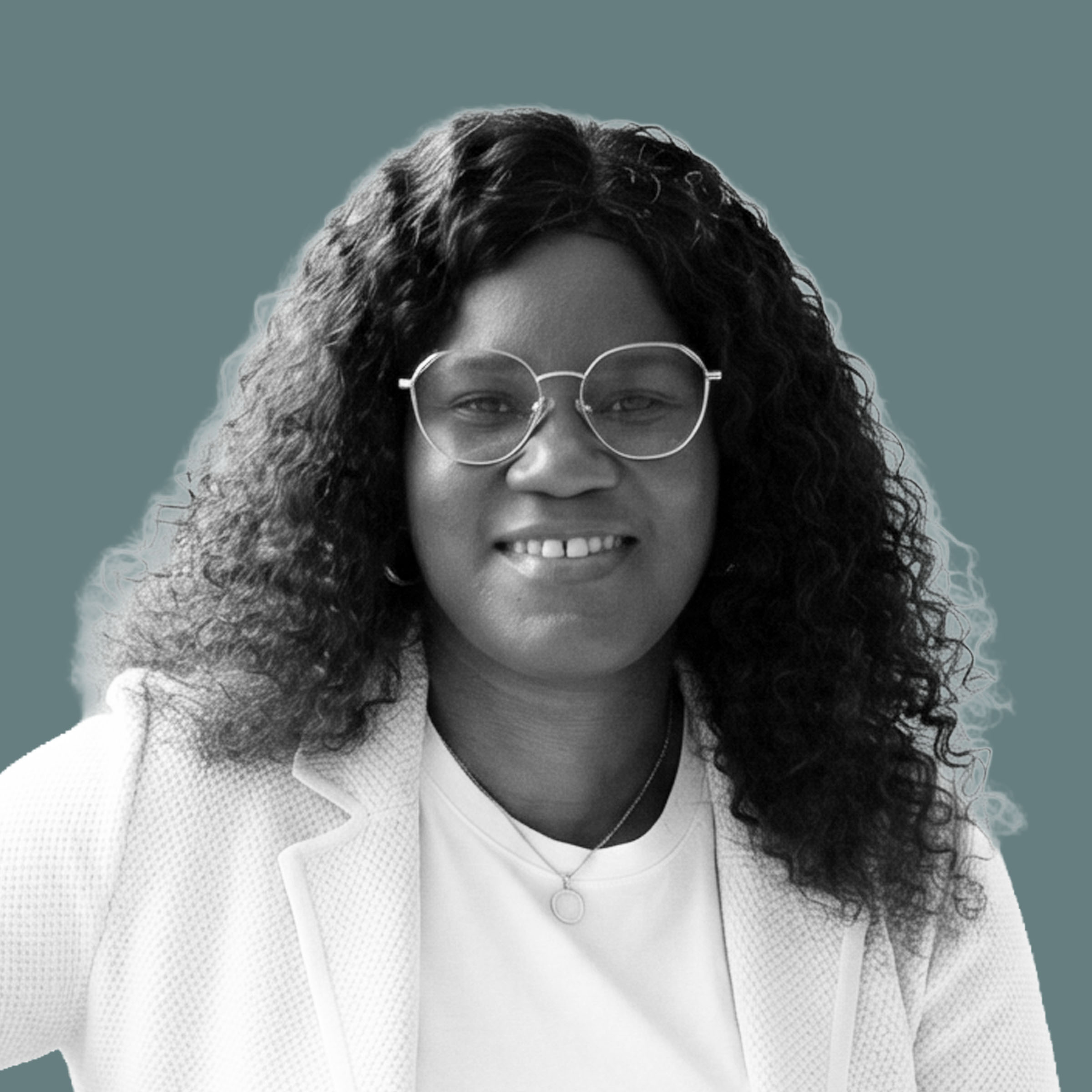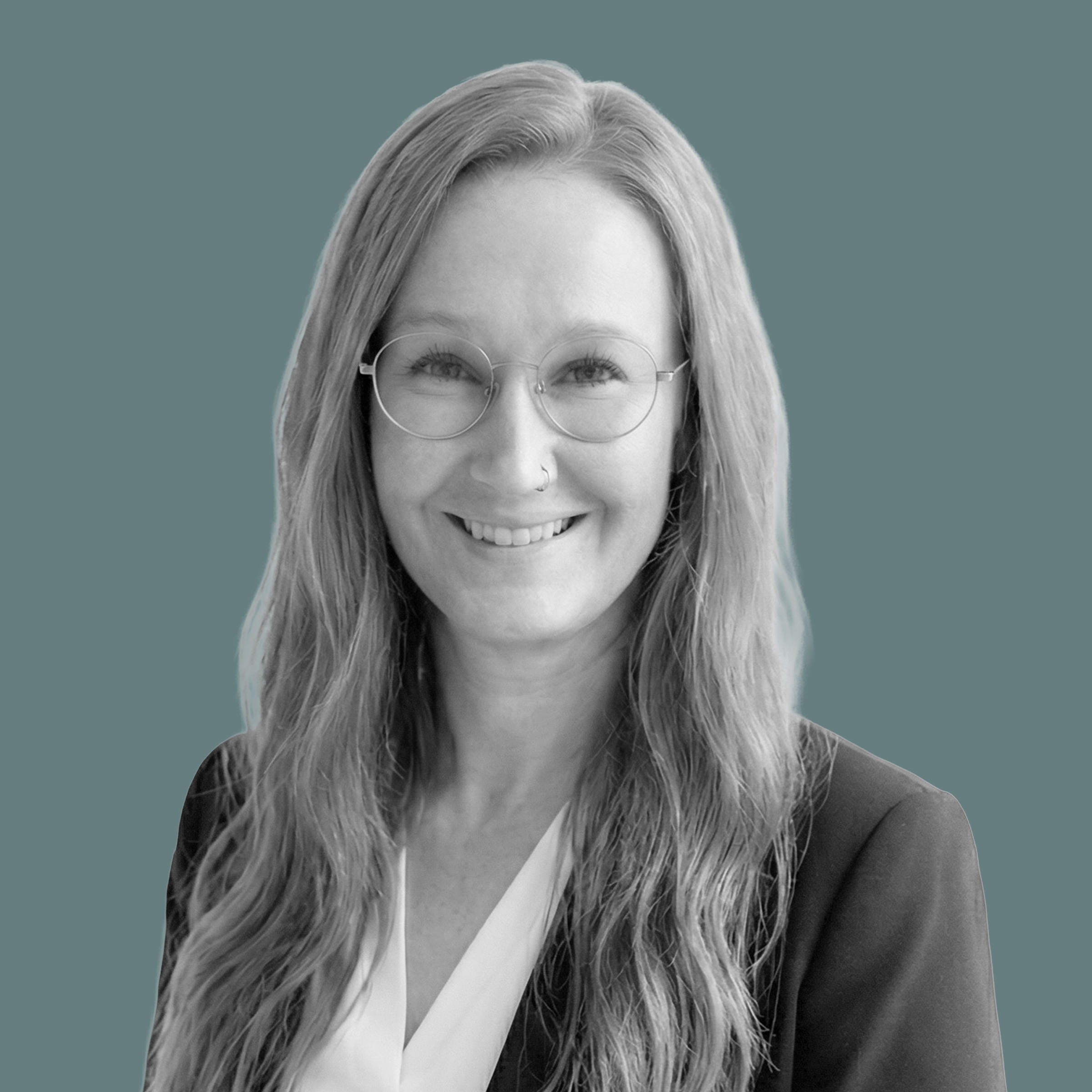Jun 29, 2025

Canada Day lands differently for different people.
For some, it’s a day of pride. Celebrating community, safety, and the privileges that come with living in Canada and calling oneself Canadian. These feelings are real and valid. Joy matters. Connection matters. Gratitude matters.
But for many, it’s not a celebration. It’s a reminder of harm, loss, and the fight for survival.
Because the Canada we celebrate today was built through colonialism. Indigenous Peoples lived on and cared for this land for countless generations before it was claimed and renamed. The formation of Canada as a nation included forced displacement, broken treaties, and the suppression of cultures, languages, and lives. Canada’s formation was marked by profound pain.
Residential schools didn’t close generations ago. The last one shut down in 1996.
The Sixties Scoop wasn’t ancient history. It shaped real families, many of whom are still dealing with the impacts and searching for reunion and healing.
And for many Indigenous communities, challenges like boil-water advisories, over-policing, and inequitable healthcare aren't problems of the past. They're still happening today. These ongoing harms are a reminder that reconciliation requires more than words. It demands action and accountability.
This history and its impact remain deeply woven into people’s lives today. Trauma is not always individual. It's generational. It’s systemic. It lives in nervous systems, families, and communities. It’s often misdiagnosed, misunderstood, or silenced in clinical spaces that continue to reflect ways of knowing rooted in whiteness and colonialism.
So, what does Canada Day mean in that context?
It means making room for complexity — balancing a shared appreciation for this country with a communal commitment to accountability and reconciliation, beyond just in name.
It means moving forward with integrity by advancing the Calls to Action from the Truth and Reconciliation Commission—not just in words, but through systems, services, and everyday practice.
It means acknowledging that mental health care and other community services in Canada have often mirrored the same structures that caused harm: through pathologizing difference, minimizing systemic racism and oppression, or excluding non-Western ways of healing.
And it means recommitting to doing better—not through symbolic gestures, but through consistent, grounded action in how we show up for Indigenous communities.
At VOX Mental Health, here’s what we’re committed to—not just on Canada Day, but every day:
Canada Day can mean many things—reflection, rest, celebration, grief, or all of the above.
At VOX Mental Health, we’re a team of Ontario Registered Social Workers practicing from an anti-oppressive, trauma-informed lens. Our work isn’t about one day. It’s ongoing. It’s in how we listen, how we show up, and how we stay accountable—to history, to healing and reconciliation, and to the communities we serve.













